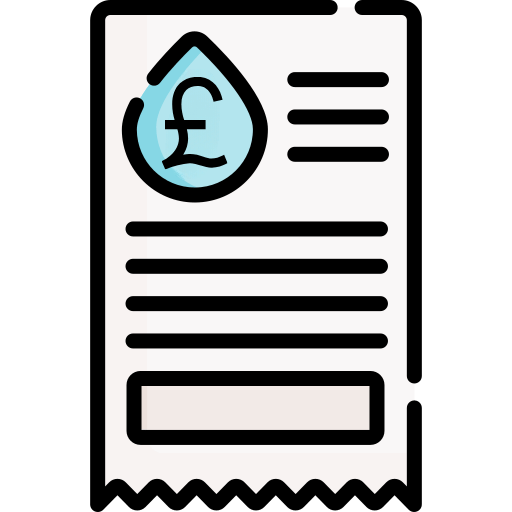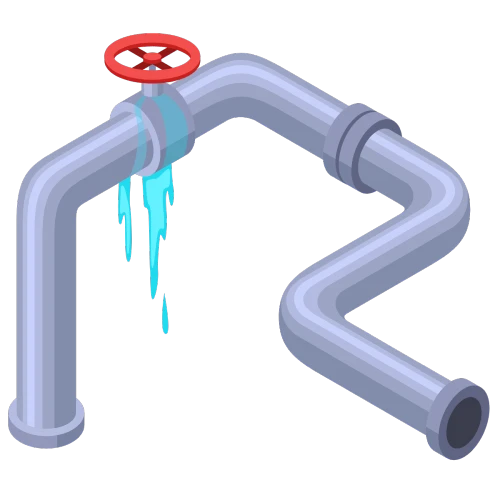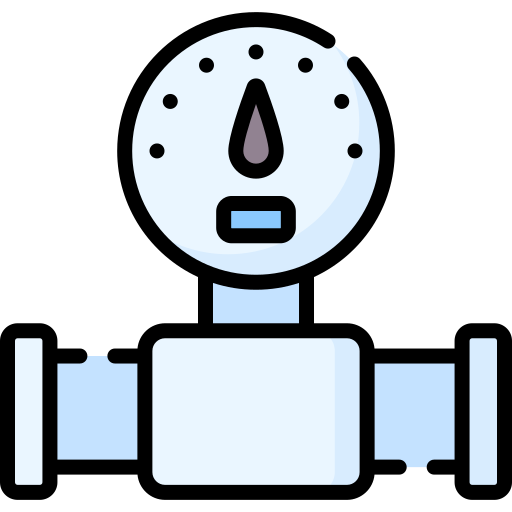Business water audit
Request a call back from our business water experts
Start by entering your business postcode…
Request a call back from our business water experts
Start by entering your business postcode…
A business water audit is a detailed review of your business water bills to identify mistakes and overcharging by your suppliers.
Business water rates are complex, and overcharging is shockingly common in the following areas:
A water audit identifies and quantifies these errors to claim a rebate from your business water supplier.
The best business water suppliers offer a water audit service to new customers.
A business water audit service is the best way to determine if your business is being overcharged.
The water bills your business pays depend on several factors, including:
Errors are common in each of the above, and they can result in your water supplier overcharging.
Our business water experts present the key benefits of a business water audit:

If a water auditor identifies overcharges, you can claim sewerage rebates for up to six years, which could result in significant financial returns.

Analysis of water consumption at your property can identify business water leaks. Fixing leaks can save you thousands in water consumption charges.

Get advice on implementing measures like greywater and rainwater harvesting systems that reduce your business water consumption.
If your annual water bills are less than £5,000 each year, a water audit is unlikely to be a useful solution. However, if you’re in one of the industries that use the most water, auditing your usage could be extremely valuable.
At AquaSwitch, we don’t conduct water audits directly. However, when you switch to a new business water supplier, they are best equipped to provide a thorough audit and help you claim any rebates from your previous provider.
We specialise in helping businesses compare business water suppliers and switch to a cheaper tariff.
To begin the process, visit our switch business water suppliers page today.
We summarise three key steps to the water audit process below.
If your water audit finds refund opportunities, they will guide you through the reclaiming process.

You will need to provide historic business water bills going back as many years as possible.
A water expert will perform a desktop review of your bills by:

A qualified water surveyor will visit your commercial property. The survey ensures that you are paying correctly for judgmental parts of your water bills. A surveyor will typically look at:

Your water audit specialist will collate and analyse the results from the survey. They will then provide you with a detailed report which includes:
The water audit aims to verify and challenge factors contributing to historical business water rates. Here are some examples of questions a business water audit looks to verify:
The standing charges on a water bill are determined by the size of the communication pipe and meter entering your property. An auditor will inspect your meter to ensure the size used to bill your property is accurate.
Installations of new water meters can often cause leaks where the meter is connected to the supply pipe of your property. A water audit will ensure your business is not liable for paying for the wasted water resulting from poorly executed business water connections.
Business water suppliers should arrange for a physical water meter reading every six months. A water auditor will verify that this is actually being carried out and that the water meter is measuring accurately.
Business water suppliers calculate the amount of wastewater being returned to sewers by applying a return to sewerage allowance (RSA) to the volume of water being recorded by your water meter.
A water auditor will analyse how your business uses water and analyse whether the RSA used by your supplier is fair.
Business water suppliers refer to the rateable value of properties when calculating the water bill of properties without a water meter. Our experts will verify the rateable value figures using local council databases.
Some water suppliers charge for surface drainage based on a commercial property’s surface area.
Water auditors will remeasure the property to ensure that the figure on the water bills is accurate.
Chemical Oxygen Demand (COD) is a measure of how much oxygen is required to break down pollutants in trade effluent. The COD is used in water bills to represent the strength of trade effluent produced by a business.
A water auditor will use industry benchmarks to determine whether the COD used in your water rates is accurate.